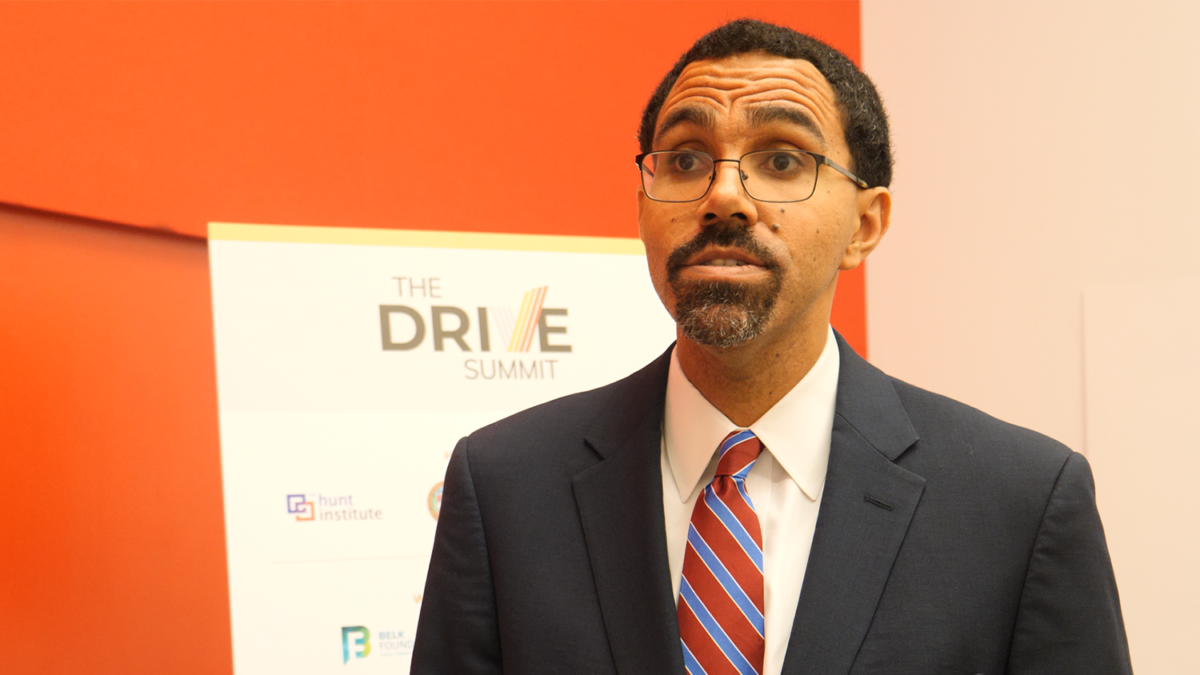U.S. Secretary of Education Calls on Charter Schools to Rethink Discipline

This week, U.S. Secretary of Education John King called on charter schools across the country to rethink their use of exclusionary discipline practices like suspensions and ex-pulsions, so that more students remain in school to learn. At a speech given at the National Charter School Conference in Nashville, Dr. King emphasized the need for all schools to “create a school culture that motivates students to want to do their best, to support their classmates and to give back to their community,” and called for charter schools to become leaders in this effort.
DSC strongly agrees with Secretary King’s remarks on the need to address the overuse of harsh discipline, and the need for leadership in this area from both public schools and charter schools. We see opportunities for the Department of Education (ED) to play a critical role in ensuring that charter schools are held accountable when they push students out of school, and that mechanisms are put in place to provide oversight for these institutions. Though charters receive public funding, they are not required to meet the same standards for public oversight as traditional public schools or to provide the same protections for the rights of students, parents and teachers.
Because of this, charter schools present particular challenges in the fight to end school pushout for all students. In 2014, DSC released our Accountability Guidelines on School Pushout and Charter Schools to address the lack of oversight for charter schools that contributes to inequities in our education system and to the larger school pushout crisis in our nation, resulting in lost learning time and an increased likelihood of involvement with the juvenile justice system. These guidelines are intended to promote best practices that encourage inclusive and positive school discipline practices to dismantle the school-to-prison pipeline and help address the structural and systemic issues that con-tribute to school pushout.
In addition to Secretary King’s remarks, ED has also supported the creation of a list of resources by the National Charter Schools Resource Center to assist charter schools as they look to rethink their discipline practices. These resources include a list of positive discipline models and practices for educators/practitioners, tools for working with students with disabilities, professional development tools and case studies that display choices and implementation dynamics experienced by charter school leaders.
We encourage ED to include our Accountability Guidelines in their list of resources for charters schools and to also take a firm stand on creating greater accountability to stop the spread of charter schools that defund public education.
You can find ED’s list of resources for charter schools here and also find the Dignity in Schools Campaign’s Accountability Guidelines on School Pushout and Charter Schools here.
